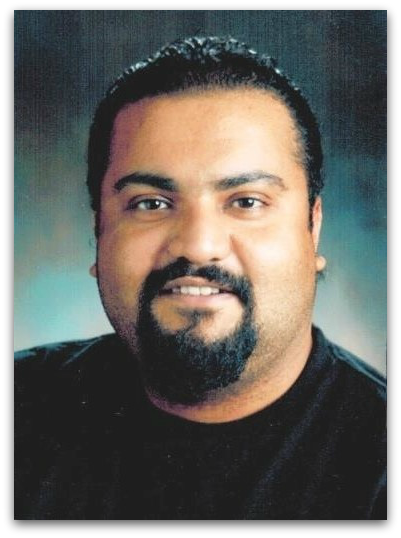 Ajit Khosla is a professor at Yamagata University in Yonezawa, Japan and a visiting professor at San Diego State University’s College of Engineering. Khosla’s work in the area of nano-microsystems has resulted in more than 100 scientific and academic contributions. Khosla has recently been named associate editor for the Journal of The Electrochemical Society (JES).
Ajit Khosla is a professor at Yamagata University in Yonezawa, Japan and a visiting professor at San Diego State University’s College of Engineering. Khosla’s work in the area of nano-microsystems has resulted in more than 100 scientific and academic contributions. Khosla has recently been named associate editor for the Journal of The Electrochemical Society (JES).
The Electrochemical Society: What do you hope to accomplish in your role as associate editor?
Ajit Khosla: As an associate editor, I hope to accomplish quick and fair peer review process, as little as three weeks from submission. I would like to encourage and convince scientists and scholars from all over the world, including ones who are presenting their work at ECS meetings, to strongly consider submitting full-length journal papers to the Journal of The Electrochemical Society. I will also be focusing on to soliciting high-quality papers in the sensor topical interest area in biosensors, micro-nano fabricated sensors, systems & devices for healthcare, and environmental monitoring.
ECS: How important is the peer review process in scholarly publications?
AK: The peer review process is integral to scholarly research. Scientific findings and discoveries can have far-reaching implications for individuals and society. This is one reason why they undergo a process of quality control known as peer review before they are published. It is a process of subjecting research methods and findings to the scrutiny of others who are experts in the same field. The peer review process is designed to prevent dissemination of irrelevant findings, unacceptable interpretations, and unwarranted claims. Furthermore, it adds to the large dialogue or findings in the field.
ECS: Why is access to scholarly research so important?
AK: The original purpose of scholarly publications is to spread knowledge and allow that knowledge to be built upon globally. Most publishers will charge or have an access fee for anyone who wants to read the articles, which defeats the purpose of scholarly publications. Access to scholarly research at no cost will have a significant positive impact on everything from education to the accelerating the growth of knowledge, to the ability of entrepreneurs to innovate globally.
ECS: What are your thoughts on ECS’s Free the Science initiative?
AK: I believe the Free the Science is an excellent initiative. The Free the Science initiative will realize the original purpose of scholarly publications. Knowledge should be free and accessible to everyone globally.
ECS: What type of research are you currently focusing on?
AK: My research interests have revolved around the multidisciplinary area of developing novel hybrid tunable organic micro-nano-sensor-systems, wearable biosensors, biomedical devices, microfluidics and nature inspired nano-engineered surfaces with applications in medicine, healthcare and environmental monitoring including neural engineering. Recently, I have been exploring 3D printing as a tool to develop complex micro-nano sensor systems that are difficult to realize using conventional fabrication techniques.
Find out about the peer review process at ECS. And learn how to publish with ECS!

